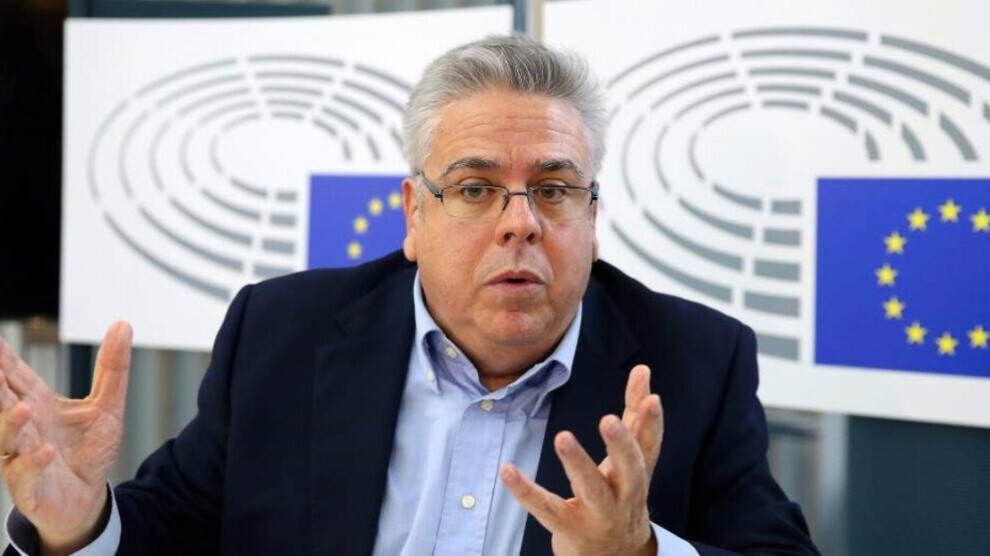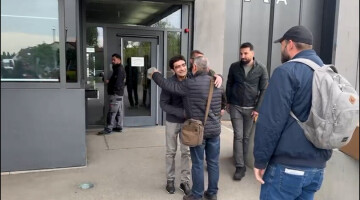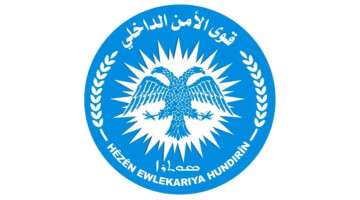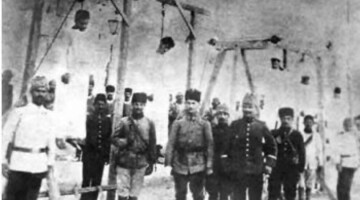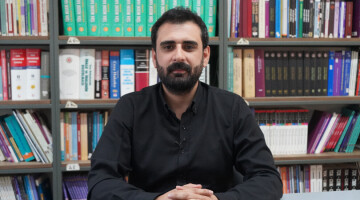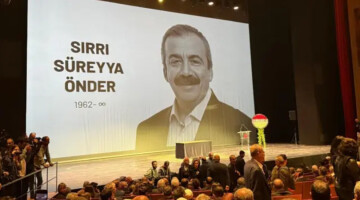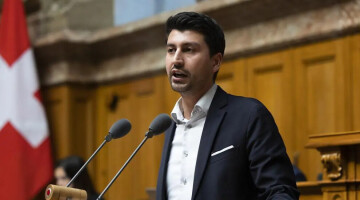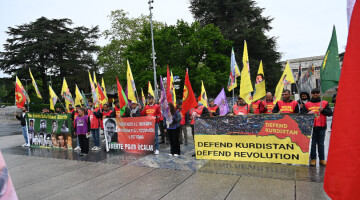Now that the electoral cycle is over, foreign governments are also forming their reactions and contingency plans for the road ahead, which does not look “very promising” according to the European Parliament's rapporteur on Turkey, Nacho Sanchez Amor.
“Among the first statements by Erdoğan [after Sunday’s elections] was an attack on LGBT people and there was another aggressive statement towards the European Union regarding visa liberalization,” Amor said in an interview with Turkey recap.
“Let me be clear, if we don’t have visa liberalization, it’s just because the Turkish government didn’t comply with a benchmark that the Turkish government committed to comply with,” he continued, referring to amendments to data protection and anti-terror legislation.
Noting severe curtailments of free speech, the jailing of political opponents and the disregard for rulings by the European Court of Human Rights (ECHR), Amor said European governing bodies would need a “new format” to manage relations with Turkey, admitting the EU accession process had failed to strengthen core democratic principles in the country.
“My main message for the coming months is we have to look for another format in our relations,” Amor told Turkey recap, adding that in his view, “We can’t continue with this cynical process designed, theoretically, to conduct membership, but [without ever] reaching this target.”
Amor went on to say Turkey’s frozen accession process made space for European officials to consider alternative approaches. Future relations may operate under an “umbrella of agreements”, Amor hinted, which would involve various components to handle migration, customs union modernization, visa liberalization, foreign policy and so on.
“But to me it’s clear that the accession process [cannot] endure, because I don’t see what could be the incentive for President Erdoğan to change domestic policies,” Amor said, adding Turkish voters had apparently endorsed the president’s approach.
He continued, “When there is no political will to become a democracy, and this is the case of the ruling elite in Turkey, there is no way to impose democratic standards if the political will is to go towards an authoritarian model of government.”
“We have to recognize the accession process has not protected any single critical-thinking, democratic body or committed person. The basic condition of accession is the political will to become a democracy,” Amor told Turkey recap.
Regarding elections, Amor said he fully endorsed the conclusions of international electoral missions, acknowledged the results and said he would seek to continue discussions with counterparts in Ankara, underlining that EU bodies would keep supporting civil society in Turkey.
On ECHR rulings, he said Turkey will be subject to infringement proceedings if it doesn’t apply court rulings for the immediate release of jailed Turkish philanthropist Osman Kavala and former HDP co-chair Selahattin Demirtaş.
Amor summed up his views on ECHR adherence by addressing Turkey directly, saying: “You’re a member of the Council of Europe, you participated in the [court] process, you defended your views, and you lose and you don’t comply?”
“This is not about politics, this is about seriousness,” Amor continued. “This is about being reliable as a country and Turkey, at this moment, in many, many fields, is not reliable, is unpredictable and, for that reason, is suffering enormous damage to its international image.”

